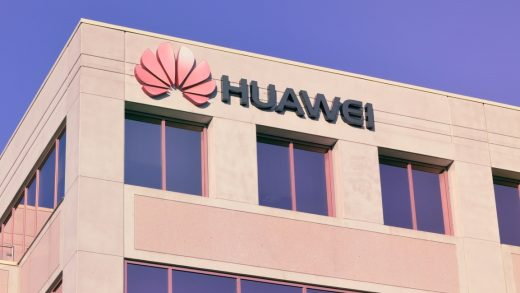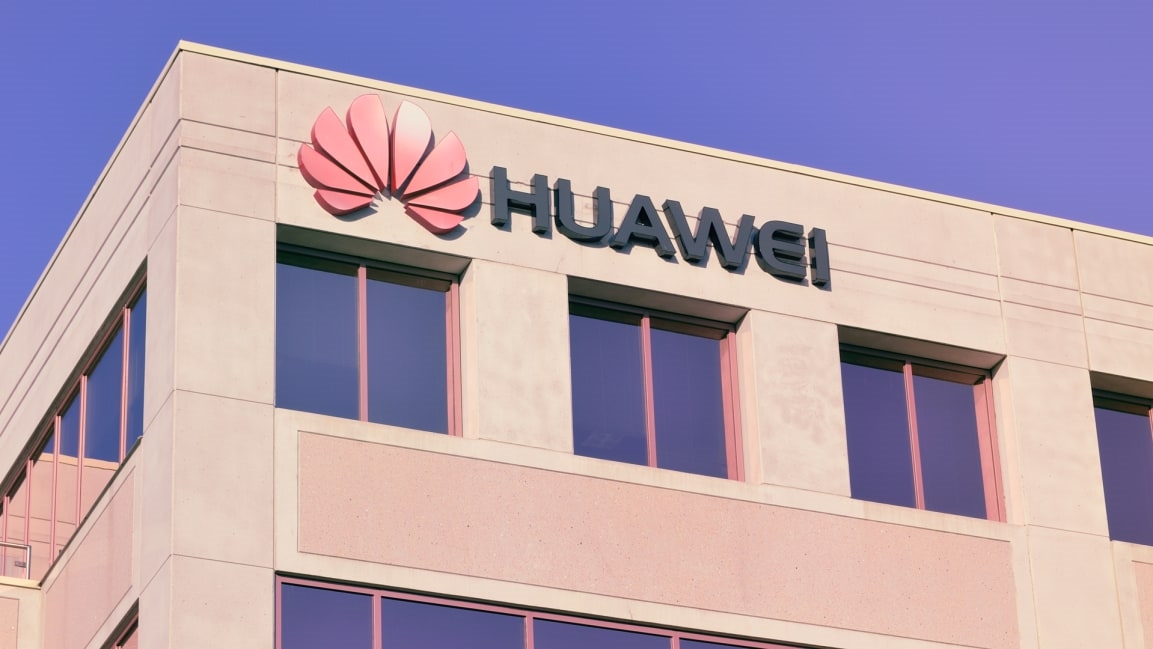Google, Qualcomm, Intel, and Broadcom all cut ties with Huawei
In a major escalation with Trump’s trade war with China, last week the president declared a national economic emergency and passed an executive order banning American companies from supplying Chinese smartphone giant Huawei with hardware or software components. As a result of that ban, over the weekend Google, which owns the Android operating system that runs on Huawei smartphones, revoked Huawei’s Android license.
Google’s revocation of Huawei’s Android license means that Huawei can only use the open-source version of Android, known as the Android Open Source Project (AOSP). The AOSP is the barebones version of the operating system. It does not include critical Google services and apps, such as the Google Play Store app and other Google applications like YouTube, Chrome, Google Search, and more. Huawei will also not get access to the code for monthly Google security patches any longer.
This essentially neuters the OS that will run on future Huawei phones. It’s unknown how badly this will damage Huawei smartphone sales, but most consumers will be displeased to learn that if they buy a Huawei smartphone, they will be getting an inferior version of the Android operating system than they have been used to. However, Google did send out a tweet notifying current owners of Huawei smartphones sold before the ban that “services like Google Play & security from Google Play Protect will keep functioning on your existing Huawei device.”
For Huawei users’ questions regarding our steps to comply w/ the recent US government actions: We assure you while we are complying with all US gov’t requirements, services like Google Play & security from Google Play Protect will keep functioning on your existing Huawei device.
— Android (@Android) May 20, 2019
After news of Huawei losing its Android license broke, things only got worse for the company. American chipmakers Intel, Qualcomm, Broadcom, and Xilinx all announced they would stop selling components to Huawei, which are critical for the Chinese company to be able to make their smartphones and other products. As XDA Developers points out, there are more than 30 American tech companies that supply Huawei with software and hardware components, and all of them are likely to follow suit.
After the news broke of its American suppliers cutting the company off, a Huawei spokesperson shared the company’s response to the matter:
Huawei has made substantial contributions to the development and growth of Android around the world. As one of Android’s key global partners, we have worked closely with their open-source platform to develop an ecosystem that has benefitted both users and the industry. Huawei will continue to provide security updates and after-sales services to all existing Huawei and Honor smartphone and tablet products, covering those that have been sold or that are still in stock globally. We want to continue to build a safe and sustainable ecosystem software, in order to provide the best experience for all users globally.
So how bad could this ban be for Huawei? Disastrous, says Ryan Koontz, an analyst with Rosenblatt Securities Inc. Koontz told Bloomberg Huawei “is heavily dependent on U.S. semiconductor products and would be seriously crippled without supply of key U.S. components,” and the ban could “cause China to delay its 5G network build until the ban is lifted, having an impact on many global component suppliers.”
However, the ban could also have inadvertent effects on American companies, too. Specifically, China could retaliate against American tech firms that operate inside the country, like Apple and Microsoft, and ban their products from the Chinese marketplace. Such a move could seriously hurt American tech giants that rely on the increasingly important consumer market in China to expand their growth.
Fast Company , Read Full Story
(37)



